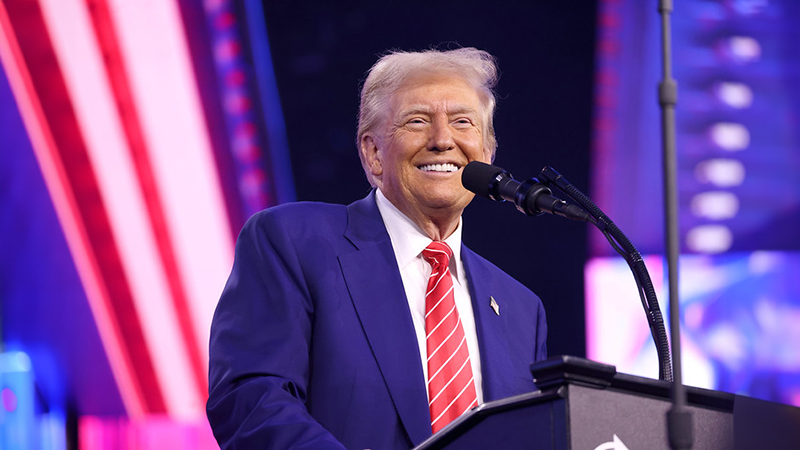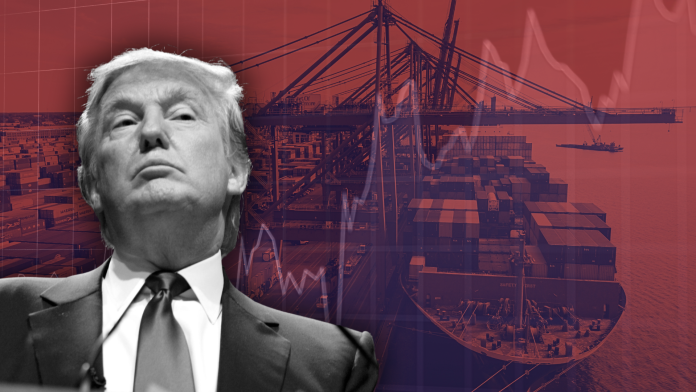- The global community’s top leaders, economic experts, fiscal pundits, policymakers, think tanks, and intellectuals would be grappling to find a palpable reason for the way the maverick and extremely unpredictable Donald Trump has gone about imposing/pausing tariffs on countries. Of course, Trump was very clear right from the time his candidature was accepted as a Republican representative and during the bellicose/vitriolic campaigning and, of course, coronation as the President of the United States of America that import tariffs imposed by several countries on American goods were against the interests of the nation. Since assuming office, Trump has initiated several measures to impose tariffs and has also paused several times as well.

PC: Portfolio Adviser
- True to its character, Beijing has not flinched one bit and has introduced counter-tariffs on American produce. Thus, in a climbdown of sorts, Trump’s done right by freeing IT hardware from tariffs, but slapping sectoral tariffs further would be imprudent. Mind you, good policy, like a good shirt, requires few or no alterations. But Trump is tailor swift, and his policy-making shoddy. His three China tariff revisions between April 2 and 9 shook not only stocks but also US bonds. Now, after the mayhem and a big pause, he has signalled his first big retreat before China. Starting April 14, so retrospectively, some 20 product categories, including smartphones, computers, chips, solar cells, and memory cards, brought into the US won’t face any tariffs other than the 20%.
PC: Financial Times
- This is ‘fentanyl duty’ on China. For how long? That’s unclear because the commerce secretary promised on Sunday that sectoral tariffs on semiconductors and electronics would resume soon, possibly within a month. Regardless, one look at America’s imports shows why Trump had to retreat from the tariff front last week. Last year, smartphones and computers were the two biggest US imports from China, amounting to $88bn of the $525bn import bill. Roughly four of every 10 smartphones and one in three computers sold in the US were made in China. Unlike toys, lights, plastic goods, and chairs – yes, $8bn worth of Chinese chairs – phones and computers are complex goods that the US can’t do without, nor can it find new suppliers for them overnight.

PC: BGR
- Further, tariffing phones would have hurt homegrown Apple the most. With almost 58% US market share, the iPhone, which is 80-90% sourced from China, could have become too expensive for most Americans and lost ground to the likes of Samsung, mostly made in Vietnam and India. So, Trump’s latest decision should cheer Big Tech. Reports say Alphabet, Amazon, Apple, and Meta intend to invest around $320bn in AI and data centres this year. Stargate, the $500bn AI project announced by OpenAI, Softbank, and Oracle, will also need new data centres. At a time when China’s breathing down America’s neck in the tech race, choking hardware flow with tariffs, or any other means, is a bad idea. Trump must be wiser from now on. Will he? Unlikely.







